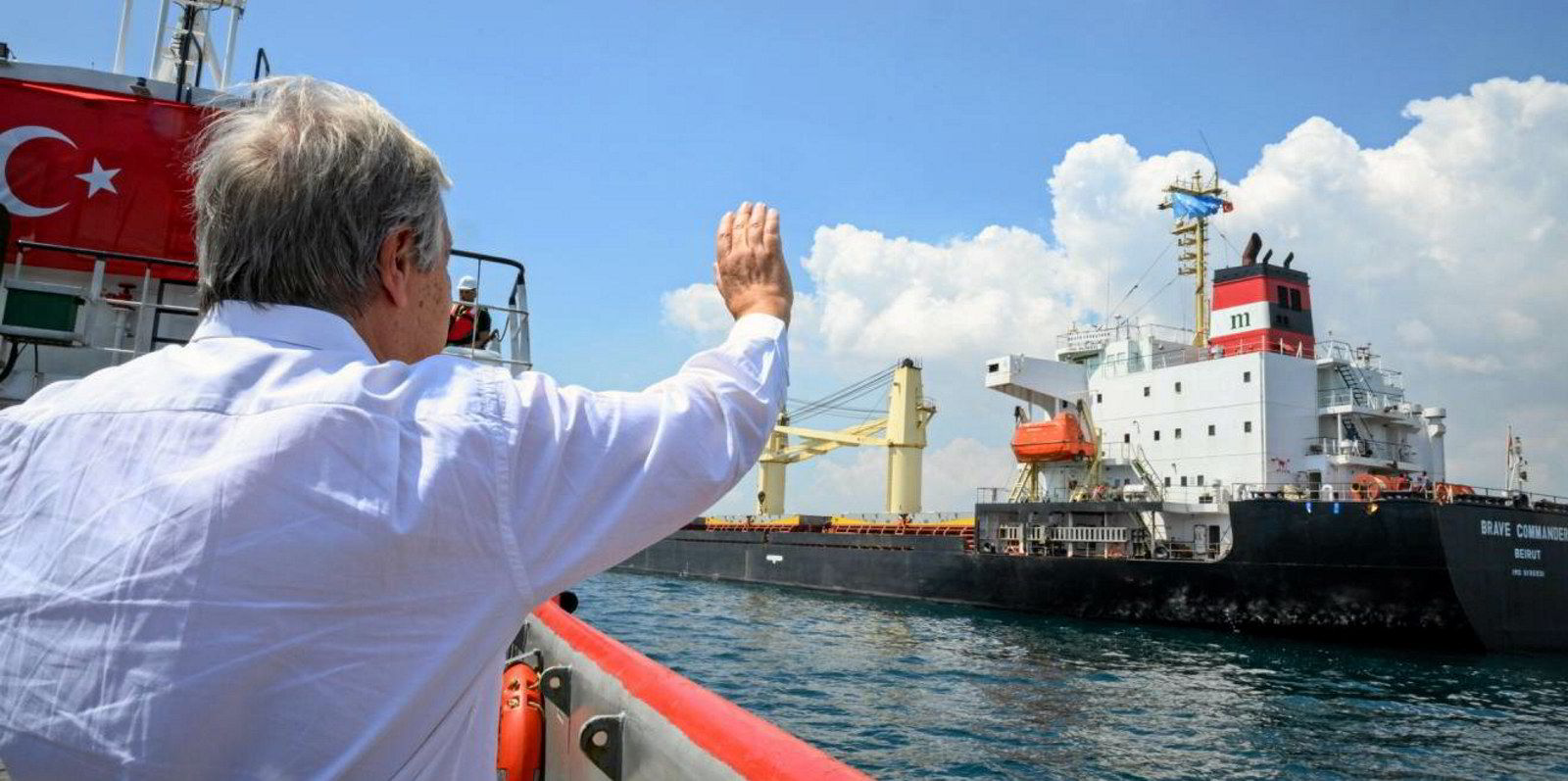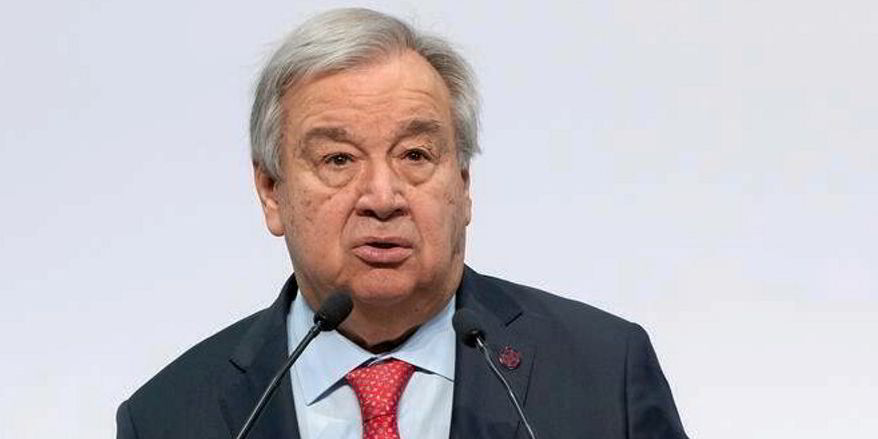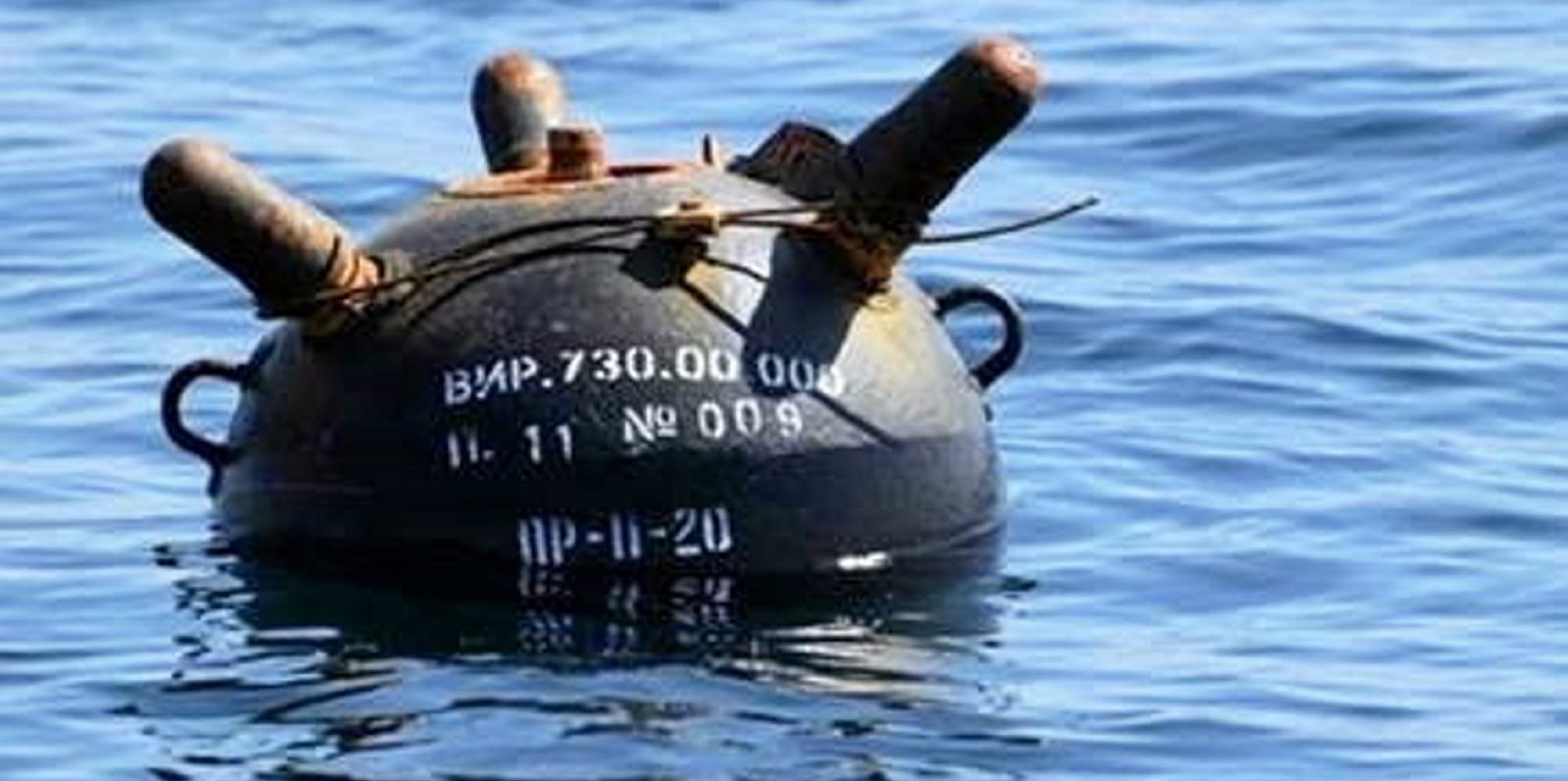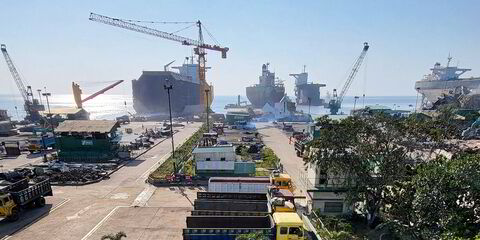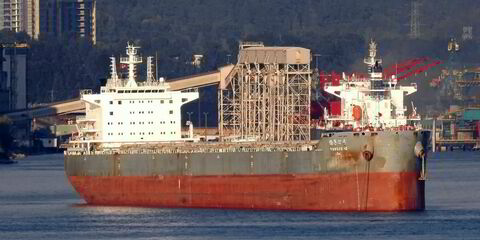The Black Sea Grain Initiative (BSGI), a UN-protected scheme to export Ukrainian grain, is set to expire on Monday with very few signs that it could be extended.
In his latest public comment on the issue on Saturday, Russian president Vladimir Putin reiterated that the demands his country set to agree sustaining the deal had still not been met.
“[UN] obligations… to remove obstacles to the export of Russian food and fertilisers still remain unfulfilled,” Putin told South African president Cyril Ramaphosa in a telephone call, according to the Kremlin.
Ramaphosa had asked Putin last month to extend the BSGI, which is seen as crucial to maintain the stability of global food supply and prices.
Putin, however, had promptly dismissed the request, arguing that just a tiny fraction of Ukrainian grain exported under the BSGI went to poor nations.
The UN on 11 July made a last-ditch diplomatic effort to save the initiative by offering some concessions to Russia — mainly softening some financial sanctions that would allow the Russian Agricultural Bank to reconnect to the SWIFT global interbank payment system.
This offer alone, however, is unlikely to sway Russia, whose list of grievances has been much longer.
On 13 July Putin said that his patience was at an end that he was mulling suspending the BSGI until the UN and western countries honor meet Russia’s demands.
In another telling move on 14 July, the Russian defence ministry issued a warning to seafarers operating in corridor waters, citing risk from Ukrainian floating mines.
On 15 July, Ukrainian sea drones apparently moved through corridor waters to attack facilities at Russian-occupied Sevastopol in the Crimea. Back in October last year, Russia had cited similar military attacks as a reason to suspend BSGI operation for a week.
The BSGI has already been defunct for all practical purposes since 27 June, when Russian UN inspectors stopped registering new vessels under the initiative, thus starving it of inbound ships.
With the pipeline of approved vessels already in the corridor gradually running out since, the last BSGI ship left Odesa for Istanbul early on Sunday — the 43,800-dwt TQ Samsun (built 1996).
As early as on 5 July, the Russian foreign ministry used language strongly suggesting that the only reason Moscow was still in the scheme was to wind it down in an orderly fashion.
Russia was taking steps so “that all ships participating … can successfully complete their mission and leave the Black Sea before the end of its [the BSGI’s] validity period”, foreign ministry spokeswoman Maria Zakharova said at the time.
The UN, however, has not lost all hope yet.
As long as Russia does not formally and unequivocally declare that it is pulling the plug on the scheme, a glimmer of hope remains, UN sources argued.
According to sources and Turkish media reports, Turkish president Recep Tayyip Erdogan continues efforts to broker a further extension of the deal and may even talk to Putin on the phone on Monday.
